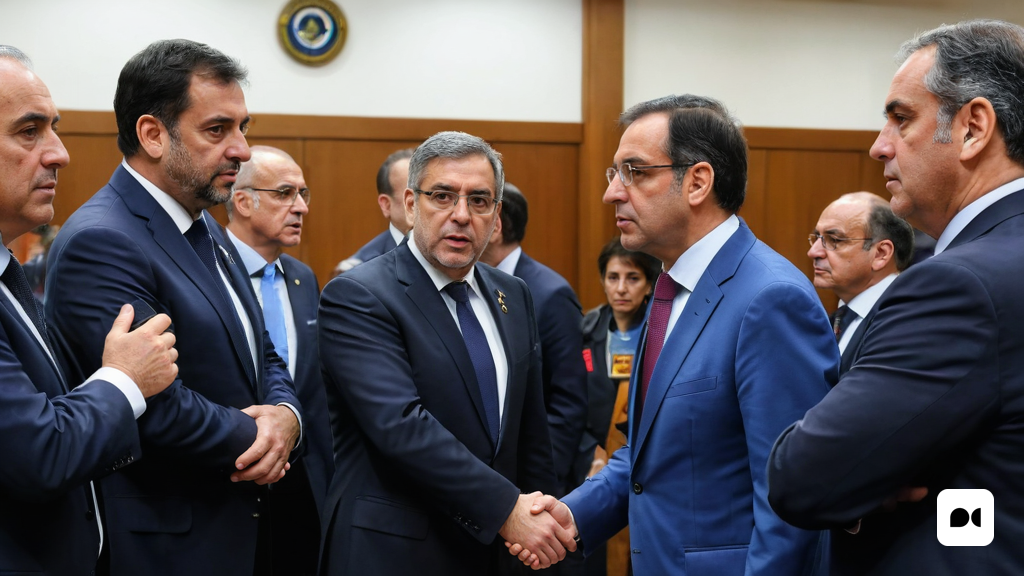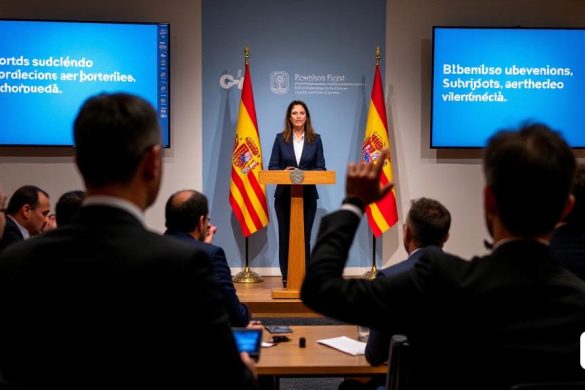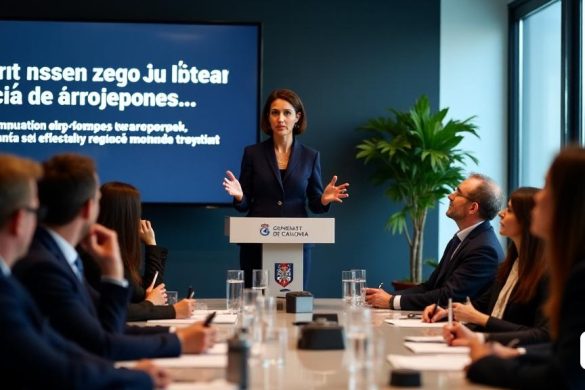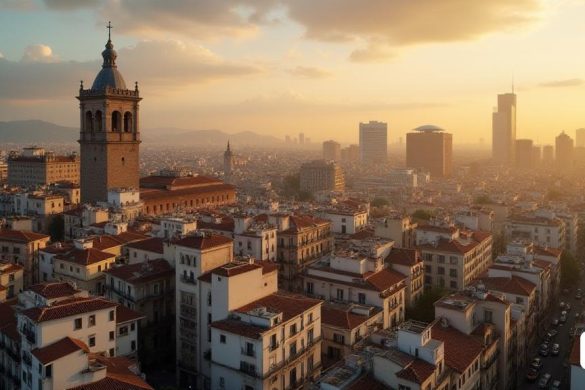Disagreement over the postponement of the meeting of the Local Safety Board of Catalonia
The Spanish Ministry of the Interior and the Ministry of the Interior of Catalonia are facing each other openly due to the postponement, without a specific date, of the meeting of the Local Security Board of Catalonia. This postponement occurs after the electoral advance signed by President Pere Aragonès last week, and has avoided materializing the agreements worked on for months in preparatory meetings led by councilor Joan Ignasi Elena and the director general of the Catalan police, Pere Ferrer.
Criticisms and suspicions of partisan motivations
The councilor of Vilanova i la Geltrú has expressed his criticism of the Minister of the Interior, Fernando Grande-Marlaska, for unilaterally canceling the meeting scheduled for next week. He pointed out that this meeting was the culmination of a long process of work and negotiation, and he suspected that the decision to cancel it responded to partisan interests motivated by the PSC, considering it a maneuver to avoid agreements before the elections .
Pending agreements and implications for the country’s security
According to reports, this meeting was expected to reach relevant agreements related to the deployment of the Mossos d’Esquadra, which are now suspended until after the elections and the formation of a new government. This postponement has prevented the Mossos d’Esquadra from being able to exercise important powers in matters of security, such as the investigation of criminal offenses related to the environment, a competence that until now belonged to the Civil Guard. In addition, it had also been agreed that the Mossos d’Esquadra would have powers in internal maritime waters, airports and ports located in Catalonia.
Suspicions of partisan motivations and calls to preserve collective interests
Councilor Joan Ignasi Elena has stated that the cancellation of the meeting does not respond to a decision of the ministry, since until a few days ago the negotiations remained open. He has suggested that this decision could have been instigated by the PSC to avoid agreements before the elections, and has urged the minister to put partisan interests above collective interests, inviting him to keep on the agenda this meeting considered essential and necessary .




